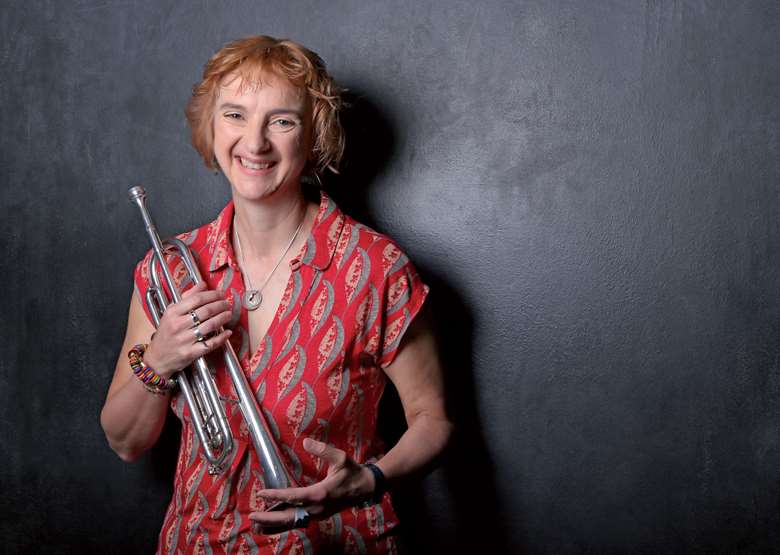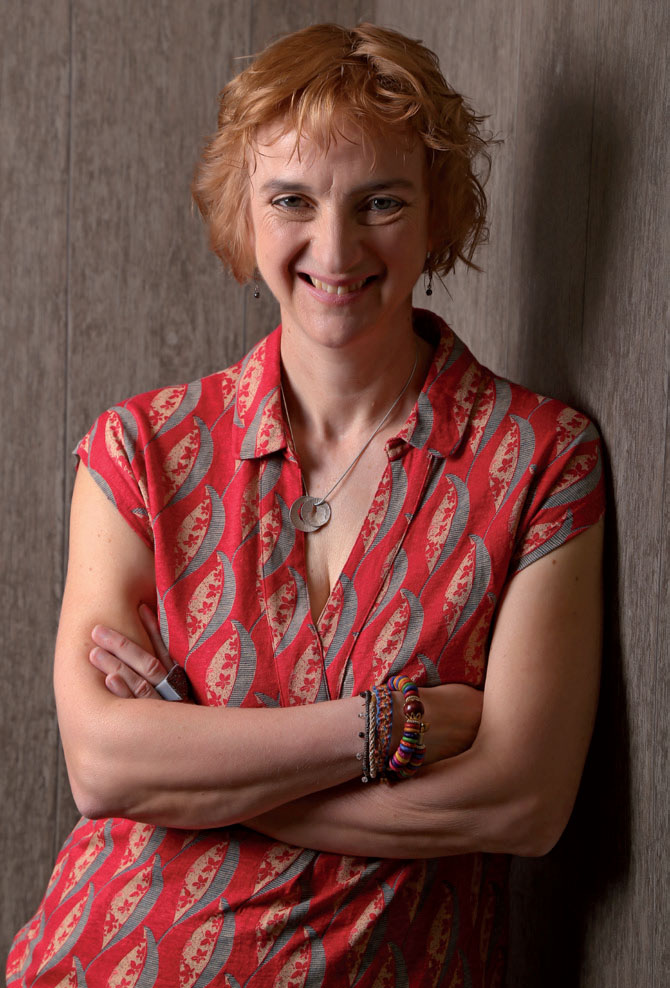Starting from scratch: Building a primary music department
Kay Charlton
Monday, July 1, 2019
Kay Charlton teaches brass and curriculum music in Greenwich, alongside her work as a performer and composer. In this feature, she talks us through the process of building a primary music department

In 2012, my music hub asked me to start teaching First Access trumpet at a primary school. The headteacher was enthusiastic and dubbed our sessions ‘Music Mondays’, and that's where it started. At that point there was very little music being taught at Plumcroft but now we have a thriving music department with an excellent school band, two choirs, instrumental lessons on most days and pupils taking grade exams. Children's enjoyment of music and enrichment were even commented on in the school's last Ofsted inspection report: ‘You have prioritised improving pupils’ access to music tuition. You and your staff go above and beyond to empower pupils and families in difficult circumstances.’
So how did we get here? My first thought on starting at the school was to offer continuation trumpet lessons – there seems little point in Year 4 having free whole class ensemble teaching (WCET) lessons for a year if there is no way for them to continue playing. After a couple of terms of trumpet lessons my next step was to start an after-school band. As soon as pupils could play around five notes, they were encouraged to join my progression group – with all the music taught by ear and opportunities to improvise.
Next steps

Building a music department is an ongoing process
I was then asked to be music manager for an additional day per week. Having been a peri for so long I found being in one school for two whole days very strange at first! Coming from a playing background, my instinct was to get more instrumental learning in the school, so I asked the First Access guitar teacher to offer continuation lessons. The music room cupboard revealed clarinets, flutes and saxophones, and I found a drum kit under the eaves of our attic music room, so teachers were engaged for woodwind, drums and piano and within a couple of years the after-school group was starting to sound like a real band. I strongly believe that repertoire is crucial in keeping children engaged in instrumental learning – all the band music is learned by ear and our current set includes a mixture of pieces chosen by me and the pupils: ‘Pink Panther’, ‘Cantaloupe Island’ (with solos), ‘Peter Gunn’, and our version of The White Stripes’ ‘Seven Nation Army’ which includes a rap that the children wrote and deliver with attitude!
The next stage of our musical journey began when I was asked to teach KS2 curriculum lessons – a challenge for me, but one that has helped me to use my musical skills in a different way. Teachers remain with their class when they come up for music, thus giving them CPD and me the freedom to teach music and to look for talent and enthusiasm in order to sign-post children to instrumental lessons. I have discovered how to teach music around topics such as dinosaurs and the rainforest, have developed a GarageBand course for Year 3 and, pre-SATS, did a songwriting course with Year 6 which culminated in a performance to the rest of the school.
It was the whole class instrumental teaching that kick-started the culture of music at Plumcroft – class teachers are encouraged to learn alongside the children. One teacher really took to the trumpet and started having lessons with me, along with her son who was in Year 4, with both of them going on to take grade exams. She now plays in the band and has helped to raise the profile of music in the school, teaching Year 3 music on ‘Wonderful Wednesdays’. Progression routes from WCET are crucial, and after Year 4 children are encouraged to carry on with their instrument or choose another one that is on offer – I have some Year 6 children taking Grade 2 jazz trumpet this year. Year 4 performs to parents at the end of the First Access year – it is crucial to get parents support for progression. Lessons are charged for, but the school pays for children on pupil premium.
Performances are crucial. The band regularly plays in assembly and at hub and school events. We've performed at the Music for Youth regional festival twice – we love going out to play at the Southbank Centre and hearing other ensembles perform. We take children to see professional performances when possible and we have forged links with nearby secondary schools, creating a natural musical link that helps with transition and keeps instrumental learning going.
The school leadership team (SLT) actively supports music – KS1 now have specialist music lessons, and recorder and ukulele lessons are offered, helping to prepare the way for WCET in Year 4, and an additional music manager has recently come on board to deliver whole school singing which builds on the singing assemblies I started a couple of years ago. We have recently been awarded Artsmark Gold and our music journey models how other arts subjects can be promoted at school.
We have strong links with our music hub which offers support and opportunities – our band and choir perform regularly in the Instrumental Gala and Singing Spectacular and we were the first school in the borough to be awarded Music Mark through the hub. Children showing promise on their instruments at the end of Year 4 are given a gold certificate and an application form for the Saturday music centre.
This journey has taken seven years and isn't over yet. Change doesn't happen overnight, but with the support of SLT and the right expertise in place it is possible to make a difference.
Top tips
- Get SLT on board
- Schools should be delivering the National Curriculum or similar – from September, under the new Inspection Framework, Ofsted will be looking for a ‘broad curriculum’, which includes music!
- Kickstart instrumental learning through WCET
- Set up continuation lessons and progression groups to follow WCET
- Use pupil premium funding to pay for music tuition
- Ask your music hub for advice/tutors/instruments
- Make links with other schools
- Do a weekly singing assembly – use programmes such as Sing Up to boost your confidence
- What do you have in the music cupboard?
- Be visible – put music on notice boards around the school, have a music page on the school website, do performances, tweet about your music department
- Get parents involved – make sure they see music-making and how much children get from it.

